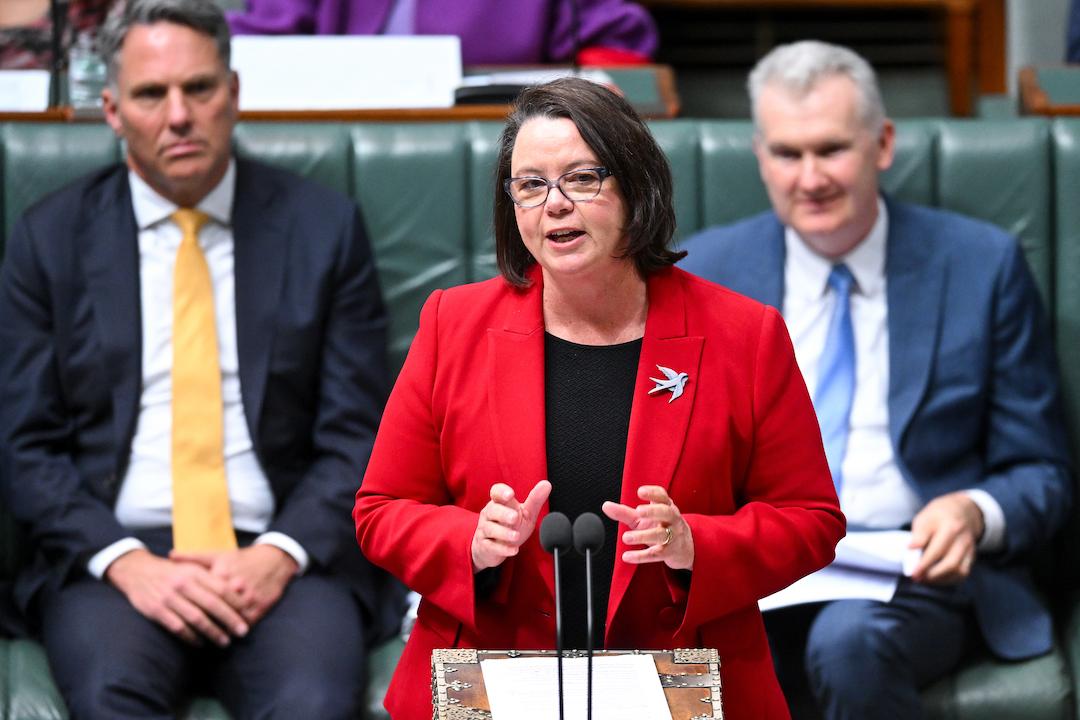Australia and France signed an agreement to jointly study the critical minerals supply chains and identify each country’s needs for these resources in terms of clean energy technology, and medical and defence applications.
Minister for Resources and Northern Australia Madeleine King inked the Bilateral Dialogue on Critical Minerals agreement in Paris with French Minister for the Energy Transition Agnès Pannier-Runacher, according to the Australian Department of Industry, Science, and Resources.




